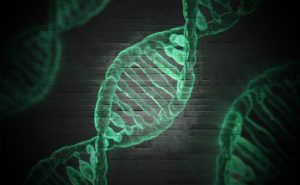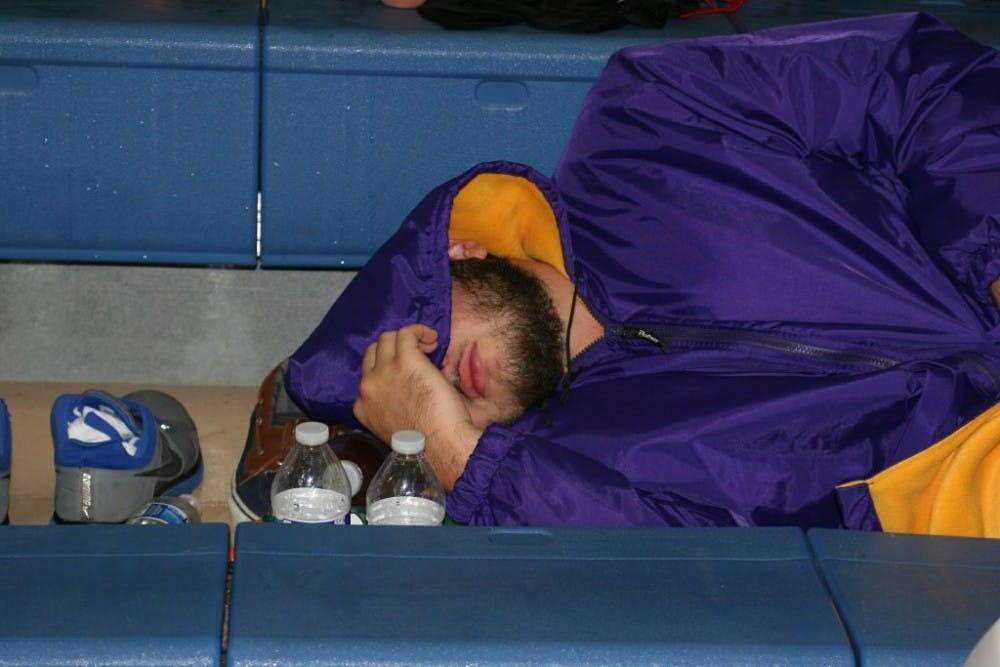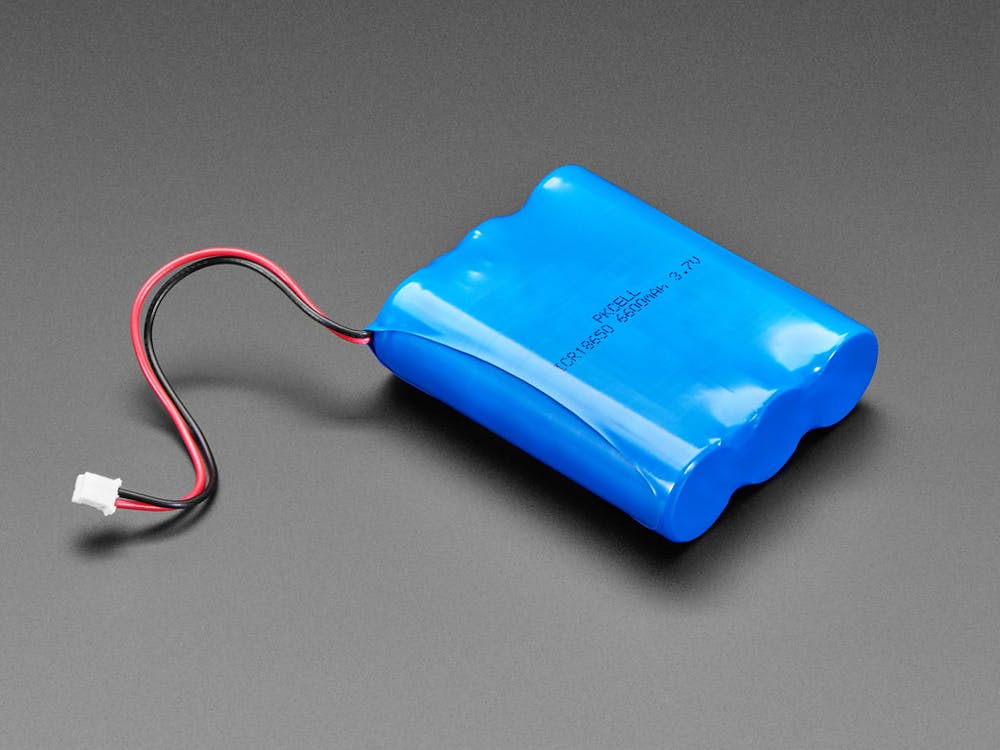The circadian rhythm, also known as the biological clock or sleep-wake cycle, governs people’s sleeping habits. The biological clock works over a 24-hour period to maintain recurrent daily changes at both the microscopic cellular and macroscopic behavioral levels.
According to the American Academy of Sleep Medicine, disruptions to the circadian rhythm can change how well and when you sleep, eventually causing a variety of sleep disorders.
Sleep specialists most commonly diagnose Delayed Sleep Phase Disorder (DSPD), affecting between 0.2 percent and 10 percent of the population. DSPD begins as Delayed Sleep Phase Syndrome (DSPS), which is when a person is unable to fall asleep until at least two hours past a socially accepted bedtime.
According to the Cleveland Clinic, adults and teenagers with DSPS generally describe themselves as night owls and typically say they function best during the evening or at night. Those suffering from DSPS typically have trouble waking up in the morning.
Once DSPS starts to interfere with everyday life, causing dysfunctional daily routines such as waking up for school or work, it becomes DSPD. Problems with delayed sleep phase ultimately lead to 10 percent of chronic insomnia cases.
Genetics control how your sleep cycle functions. In the past, scientists have linked a rare genetic variation capable of shorting the sleep cycle to familial advanced sleep phase disorder, a type of sleeping problem that causes people to fall asleep much earlier than they otherwise would.
Researchers have not yet found any such hereditary linkage for the majority of sleep disorders, but the new study discovered an inherited trait that encodes a malfunctioning protein, leading to delays in sleeping between two and three hours.
“It’s as if these people have perpetual jet lag, moving eastward every day,” Michael Young, Richard and Jeanne Fisher Professor and Head of the Laboratory of Genetics at The Rockefeller University, said in a press release. “In the morning, they’re not ready for the next day to arrive.”

The team began by observing the sleep patterns of a 46-year-old woman diagnosed with DSPD. They monitored her temperature and sleep over a two day period.
Using genetic information from the volunteer, they began by sequencing the genes that encode the proteins that control the circadian rhythm in mammals in order to determine which genes could potentially affect the sleep cycle. They focused on the Per and Cry proteins, molecules that inhibit the activity of proteins responsible for turning on and off the cell’s ability to transcribe the genes that initiate the sleep cycle.
During the process of sequencing the genes, they noticed a mutation in the Cry1 gene that has been shown to change the way the cell splices mRNA strands, significantly changing the way the cell builds the resulting protein and most likely affecting the protein’s ability to function as it should.
As a result, the team conjectured that the Cry1 mutation may have been related to the participant’s elongated sleep cycle. They also looked at sleep patterns and histories of family members of the participant and found the delayed sleep behavior to be common among immediate family members and across several generations.
Once they had established that not only did those who suffered from DSPD carry a mutation of Cry1, but also that they inherited the mutation, the researchers discerned what actually happens as a result of the mutation at the cellular level. They found that the mutation causes the Cry1 protein to inhibit transcription of the other genes for too long, causing a delay in the person’s ability to fall asleep.
In a gene database search, Young and Alina Patke, a research associate at Rockefeller in Young’s lab, found that one in 75 of individuals of non-Finnish European ancestry carry the mutation.
Collaborators with Patke and Young at Bilkent University in Turkey looked at sleep patterns across six families and found 39 carriers of the mutation, all of whom had trouble falling asleep until late at night.
Patke, Young and their collaborators discovered that you don’t need to have inherited two copies of the mutation to have DSPD, only one.
“Carriers of the mutation have longer days than the planet gives them, so they are essentially playing catch-up for their entire lives,” Patke, a self-described night owl but herself not a carrier of the mutation, said.
This is an indication that not all DSPD cases are caused by the mutation.
The mutation may actually benefit those people who have dreams of traveling to Mars because they’d be less affected by the jet lag.
“I remember reading that for people who control these Mars rovers at JPL (NASA’s Jet Propulsion Laboratory), they have to work on a Mars sol (day) cycle. The rovers are only active when the sun shines on Mars,” Patke said.

















